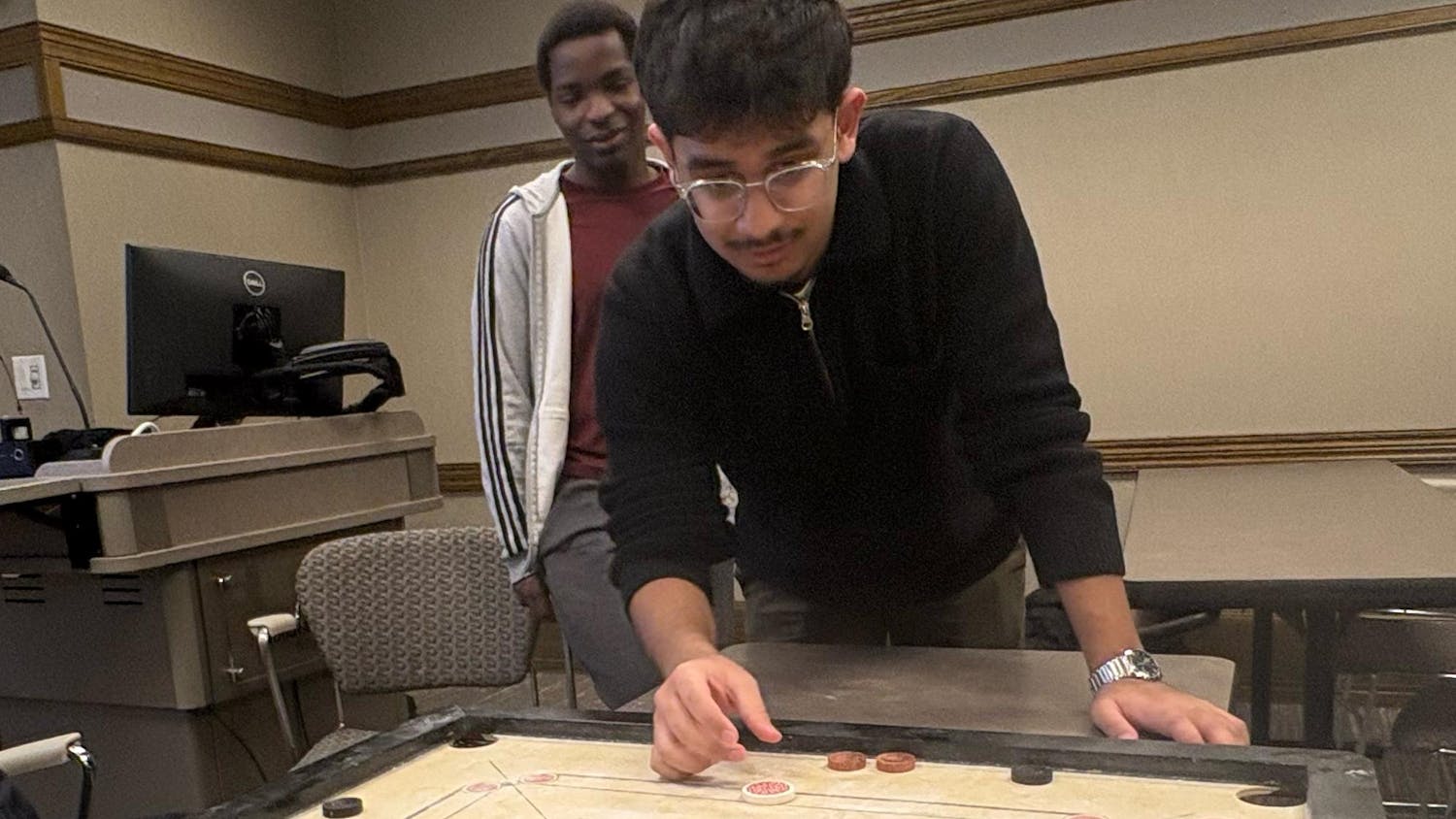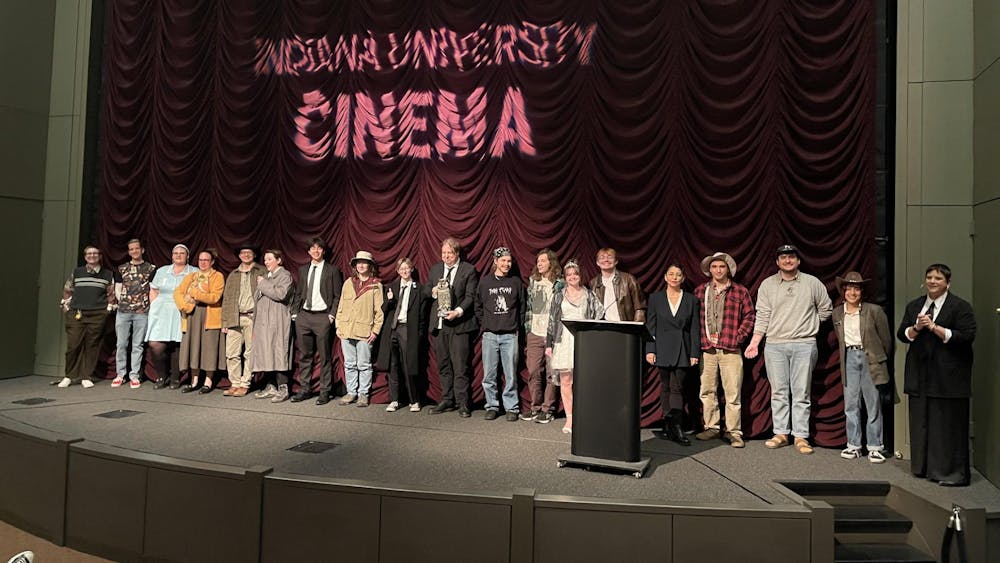Mark Pitman's home is warm and inviting. Modestly decorated, it's not in the most wealthy section of town. Yet Pitman is proud of his home and what it's built upon. His tone is affectionate as he describes the principles governing life in his quiet house on the south side of town: love, respect and humility. \nPitman pauses by the upright piano. His eyes graze across the framed photographs covering the top shelf as he speaks softly of a family history steeped in abusive behavior, addiction and compulsion. His breath catches and his words stop momentarily as he picks up a picture of his mother, Barbera Allen, and sister, Donnetta Adams. The women are simply posed; his sister stands confidently, smiling frankly, eyes focused on the camera's lens. His mother is seated next to her daughter, her face lined with a lifetime's joys and trials. \nThe image, captured two years ago in early 1999, belies the turmoil facing both women in their struggle with domestic violence. For Adams, it was simultaneously a fight against her abuser and an inner struggle to create distance from a man she both loved and feared. For Allen, it was a desperate attempt to protect her child. Both would struggle in vain. \nOn September 18, 1999, despite a court order forbidding him to contact Adams, James Hoard killed both women, including Adams's unborn child. He then turned the trigger on himself, closing the final chapter in a life of criminal behavior, of obsession and regret.\nIt's been a long road for Pitman. He admits he's had to grieve, to heal. He's sought therapy, he's read countless books on grieving and loss. It's been two years, yet he's beginning to move on, committing himself to advocacy of domestic violence education and legislation. This year, he's emerged as a principal resource for Bloomington's Middle Way House, drawing on personal experiences in speaking at various community events and engaging in marches and rallies. \nWhile Pitman acknowledges bureaucratic headaches often hinder women from taking the measures necessary to protect themselves from batterers, he lauds education as a primary goal in the fight to end domestic violence. Only when women are educated and encouraged to take action, without fear of redress or harm, may they begin to recover their autonomy, and in effect, themselves.\nHe lauds new legislation, recently signed by Governer Frank O'Bannon, as an example of such measures. Senate Bill 518, authored by Sen. Murray Clark, R-Indianapolis, will eliminate filing fees -- which vary from county to county and can often exceed $100 -- for victims wishing to obtain protective orders against abusers. The bill will also allow companies to file on behalf of their employees, thus alleviating at once financial burden and allowing women to feel protected while in the workplace.\nHe said such legislation would have provided women like his sister with additional options. Although Adams was personally able to pay filing fees, she repeatedly rescinded those protective orders. \nMiddle Way House Director Amy Woods worked with Adams during her stay at the women's shelter and said Adams knew that other women had filed ineffective protective orders against Hoard. Coupled with her "terrifying love" for Hoard, the ineffectiveness of those measures left Adams feeling helpless, Woods said.\nWoods cited such instances as a result of "ongoing failures of the system." If woman has even just one bad response from police in enforcing protective orders, the idea of reporting a violation seems fruitless, she said. While enforcement can in fact be performed very well, it often depends entirely on the enforcement team. \nAdams' plight is one shared by countless victims of domestic abuse. Torn between dependence and fear, these women oscillate between love and hate. They obtain protective orders repeatedly, only to rescind them as a result of violent threats. Pitman said only education will allow women to break the bonds of dependency and free themselves of abusive relationships. \n"It's easy to use the system as a scapegoat for your own weakness... when you rely on someone else for your significance and security, when that's your sole reason for living, you become a victim," Pitman said. "Donnetta didn't know she was that victim; she was just trying to survive."\nPitman and Woods aren't alone in celebrating the legislation. The overwhelming statewide consensus among shelters and crisis center is one of support.\n"It's a great program that's going to say a lot to the victims, as well as to batterers," said Kim Denton of the North Central Indiana Rural Crisis Center in Rensselear. "Someone is finally standing up for women, saying we're not going to tolerate (abuse) anymore."\nWoods said the legislation will be a powerful tool in breaking down barriers preventing women from seeking protective orders. Often, she said, women feel "twice victimized" because they must essentially pay for protection. Clark's legislation will eliminate the possibilities for determent facing victims of abuse, she said.\nCandice Perry, legal advocate at the Albion Fellows Bacon Center in Evansville, often deals with women in need of protective orders and assists with filing procedures. Although the orders are difficult to enforce, she said they are the "best first step" in getting protection. And Perry lauded the clause allowing employers to file on behalf of employees as particularly important. That option, she said, shows concern for the safety for both the victim and the work environment. \nWoods agreed, noting that often women feel a "false security" in the workplace when in fact they are often most at risk there. Clark's legislation will eliminate those myths, she said.\n"When you're in the fog, taking one step seems scary -- let alone walking through whole woods," she said. "Any barriers we can eliminate for women will allow women to better utilize the option of a protective order."\nBut Denton said the road ahead will be rough.\n"Protective orders aren't always completely effective because it is just a piece of paper," she continued, noting that her crisis center serves primarily rural couties. \nIf a man physically violates a protective order, she said the time elapsing between a 911 call and an officer's on-scene arrival is too great to prevent violent action. \nPitman agreed. \n"When an abuser is bent on contacting his mate, despite a protective order, nothing between hell and high water will keep him from doing that," he said. "A protective order will simply not work. \n"That's where education comes in; women have to stop making themselves victims."\nJennifer Ulrich, legal services advocate for Middle Way House, said while Clark's legislation is a positive step, an overwhelming need exists for additional legislation focusing on increasing penalties for violation of protective orders. Punishment standards now include up to one year in jail and minimal fines, Ulrich said. She advocates increasing the crime's categorization from a misdemeanor to a felony.\nSenator Clark said one shouldn't regard his legislation as solely concerned with facilitating access to court processes. The bill also deals with the effectiveness and enforcement of issues related to violations, he said.\n"We create generational problems in families when we don't nip this problem," Clark said. "This is one of the most significant problems in the criminal justice system, and we need to attack it."\nClark also said proposals could surface during the next legislative session doing away with all types of protective orders excepting those involving personal relationships and potential violence. In narrowing the scope for obtaining protective orders, Clark said he hopes to increase visibility on issues of domestic violence.
Legislation removes restraining order fee
Senate passes new bill protecting victims of domestic violence
Get stories like this in your inbox
Subscribe





